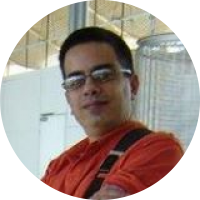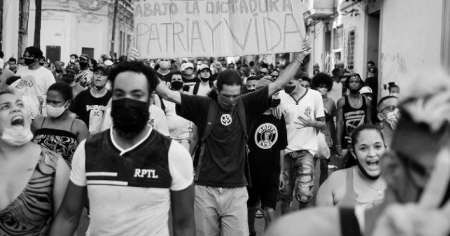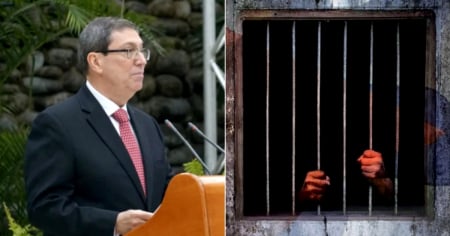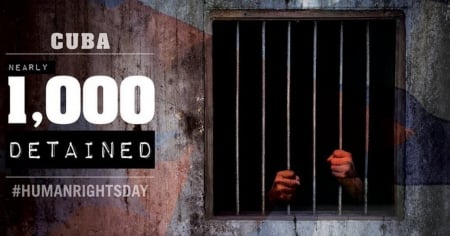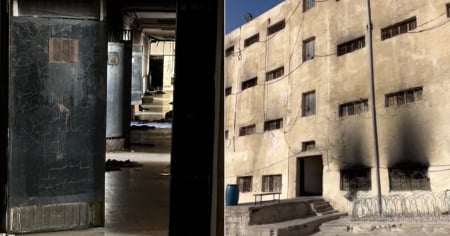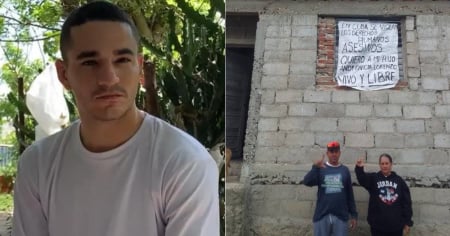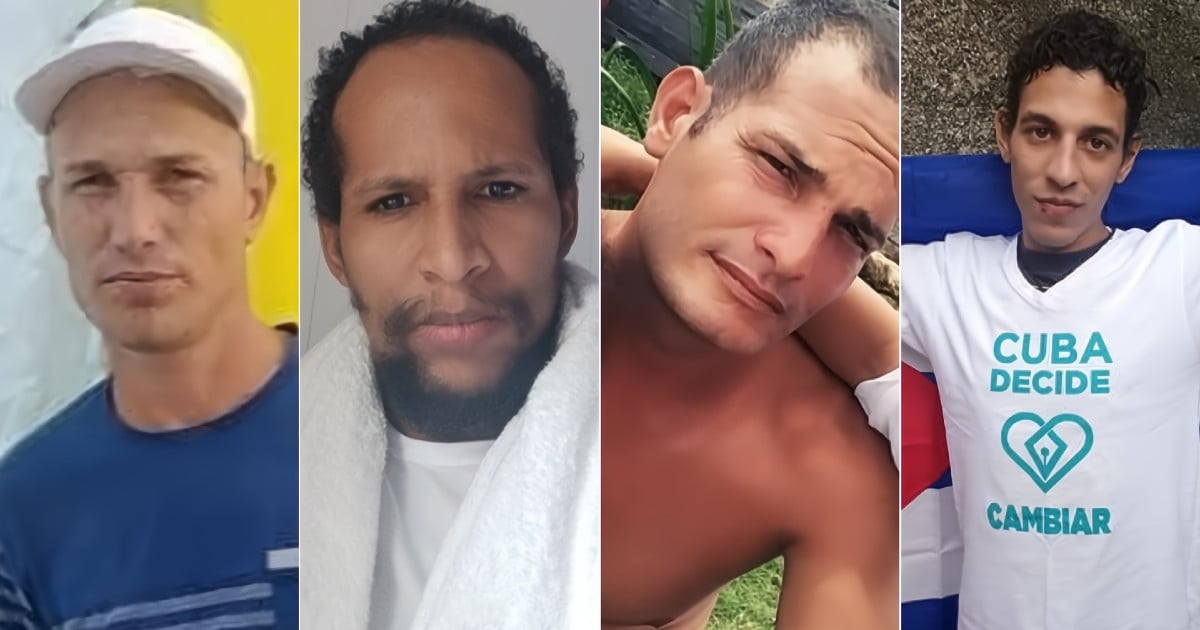
Related videos:
The repression of the Cuban regime against the demonstrators of July 11, 2021 (11J) has not only resulted in massive incarcerations but also in a tragic outcome that includes the deaths of at least four political prisoners in custody. These cases highlight the inhumane conditions of Cuban prisons, medical negligence, and the systematic abuse faced by those who dared to demand freedom in a country where dissent is brutally punished.
Stories cut short by repression
Manuel de Jesús Guillén Esplugas: A 29-year-old activist who died on November 30, 2024, in the Combinado del Este prison in Havana. Guillén was serving a six-year sentence when, according to family members, he was brutally beaten by prison officials. Images of his body show clear signs of torture, although the official version claims it was a suicide. The absence of an independent investigation has left his family and civil society seeking justice.
Luis Barrios Díaz, sentenced to nine years in prison for participating in the protests on July 11, died at La Covadonga Hospital due to respiratory complications amid medical negligence. Despite clear signs of deterioration in his health, the authorities did not take timely measures to save his life, highlighting the systemic medical neglect faced by political prisoners in Cuba.
Yosandri Mulet Almarales: Detained and sentenced to five years following the protests on July 11, Mulet died on August 27, 2024, while in prison. Reports indicate that he suffered from health issues that were not properly addressed, resulting in a fatal deterioration of his condition. Medical negligence and abandonment turned him into another victim of the Cuban penal system.
Gerardo Díaz Alonso: A political prisoner sentenced to eight years in prison, he died on October 18, 2024. His passing, linked to untreated health complications while incarcerated, underscores the pattern of negligence and abuse toward detainees. The lack of adequate medical care was a determining factor in his death, according to human rights organizations.
These stories, verified by human rights organizations, highlight how the regime uses the prison system to punish and silence those who challenge its authority. These losses contribute to a context of widespread abuse: more than 650 political prisoners report serious health issues, and another 70 suffer from severe mental disorders, according to recent reports from Prisoners Defenders. These figures reflect a penal system employed as a tool of repression, where the health and dignity of inmates are consistently violated.
Since July 2021, the regime has imprisoned over 1,500 people for participating in the protests, of which 554 remain in custody, facing sentences of up to 20 years. These figures not only highlight the extent of the repression but also its indiscriminate nature: many of those imprisoned had no history of opposition or activism.
These sentences are compounded by the use of psychological and physical torture, prolonged isolation, and denial of medical attention. Furthermore, repression is not confined to the walls of prisons; it also manifests in arbitrary internet cutoffs, beatings of protesters, and a public discourse aimed at dehumanizing opponents.
The complicity of the international community in the face of these deaths is alarming. Cuba has been a recurring topic in international forums, but concrete actions to pressure the regime remain insufficient. Civil society, both within the island and abroad, is demanding justice and the immediate release of all political prisoners.
In the words of Prisoners Defenders, the situation is “critical and heartbreaking.” The Cuban dictatorship, which once promoted itself as a model of social justice, is now nothing more than a repressive machine that stifles any trace of freedom. The deaths of Guillén, Barrios, Mulet, Díaz, and other prisoners serve as the starkest reminder of this reality.
The cry for freedom that echoed through the streets of Cuba on July 11 has not been silenced, despite the regime's attempts to extinguish it. The deaths of these political prisoners, far from quelling the opposition, underscore the urgent need for profound change in the country. The international community and civil society must intensify efforts to highlight these crimes and demand justice for those who gave their lives in the struggle for freedom.
Frequently Asked Questions About the Suppression by the Cuban Regime and the Death of Protesters from July 11th
How many 11J protesters have died in custody in Cuba?
At least four demonstrators from the 11J protests have died in custody in Cuba. These cases include Manuel de Jesús Guillén Esplugas, Luis Barrios Díaz, Yosandri Mulet Almarales, and Gerardo Díaz Alonso, who all died under circumstances that reflect medical negligence and abuse by the Cuban regime.
What conditions do political prisoners face in Cuban jails?
Political prisoners in Cuba endure inhumane conditions, including torture, medical neglect, and cruel and inhuman treatment. The prisons suffer from severe shortages of food and hygiene products, contributing to a deplorable state of health among the detainees.
How has the international community reacted to the repression in Cuba?
The international community has expressed concern and condemnation regarding the repression in Cuba. Political figures and human rights organizations have called for an end to arbitrary detentions and the release of political prisoners. There have been calls for sanctions and concrete actions against the Cuban government.
What impact have the protests of July 11th had in Cuba and its international context?
The protests of July 11 marked a milestone in Cuba's recent history, highlighting the public discontent against the Cuban regime. Despite the brutal repression, these protests have kept international attention on the lack of human rights on the island and have catalyzed a global call for freedom and justice for political prisoners.
Filed in:
